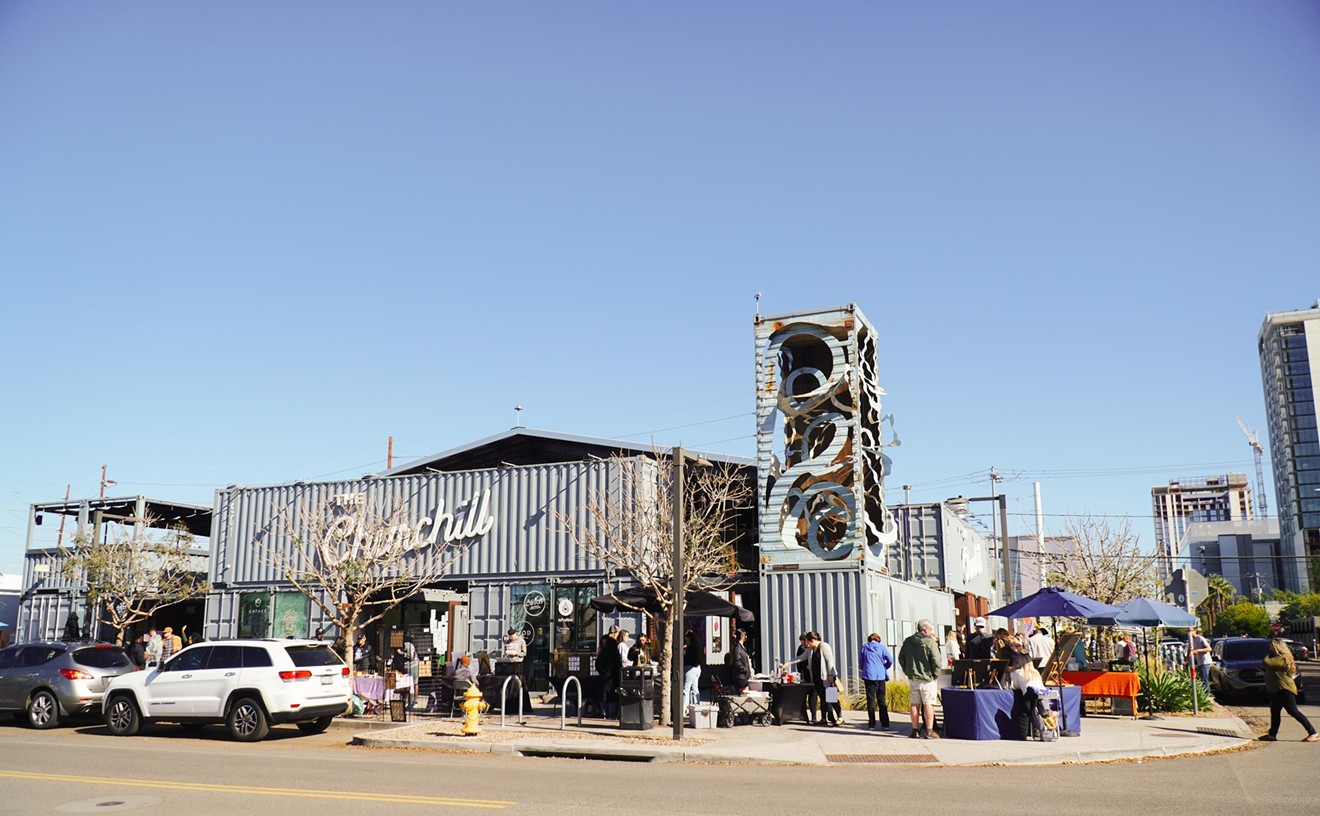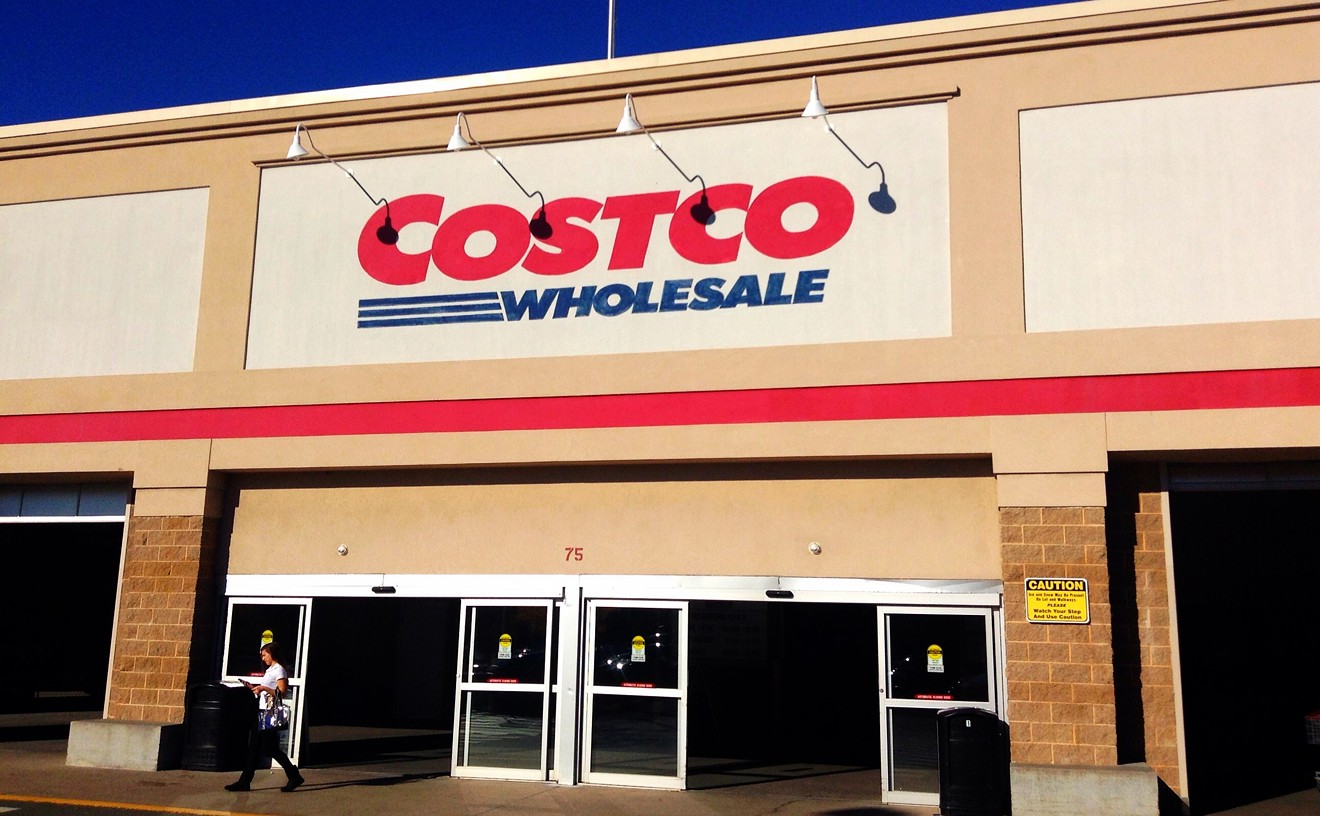When I first came to Phoenix from Sinaloa, Mexico, in 1987, I was homeless. I lived in an alley, in an abandoned car, for eight months. I was educated in Mexico, and I came here to learn English and make some money for college tuition.
I didn’t have much luck finding a job, but I didn’t want to go back as a loser, so I postponed college until I made enough money to go back home. I started doing odd jobs, day labor stuff, going from house to house, asking to do the lawn or wash a car. I got a job as a dishwasher, and then I worked at a liquor store. I saw people partying every night in the parking lot of this nightclub next door, and I thought, “They’re drinking, and they’re probably hungry, and after the bar closes they’re going to go somewhere and eat.”
I borrowed a hot-dog cart from someone I knew. Sinaloa borders Sonora, and I knew Sonoran hot dogs were big there. So I adopted the Sonoran style of making hot dogs, and I did a really good business for 20 years in the same location.
But it’s been tough. Legal stuff, you know how it is sometimes. The regulations from Maricopa County about preparing our product were a problem. They didn’t have Mexican hot dogs in their books, because when you add bacon to a hot dog it’s not a hot dog anymore, according to the books. We had to fight and negotiate with the county to prove that it was safe to do bacon from a hot-dog cart. Then in 2001, the city wanted to eliminate all the mobile vendors. So a bunch of vendors got together and fought the city of Phoenix. It took more than a year to make a decision to allow us to operate in the city, to let us obtain mobile vendor licenses. All the vendors lost a year of business. But we won, and everyone went back to work selling tacos or hot dogs.
Sometimes, out of something bad, something good can come. We got together, and became a family of mobile vendors. We formed Union Pochteca, a food-truck commissary for a lot of the local Mexican food carts and trucks. We’re kind of like a union of vendors who work together to protect our livelihood. Vendors have to report daily, do the cleaning of their carts, reload fresh water, and drain the dirty water from their units. We bought an establishment that has a kitchen where we prepare our food daily. We are complying with the city and the county rules.
Union Pochteca sets the standard for the future vendors, too. There’s this opinion that Mexicans can’t work together, and although it can be difficult, it is possible. It took a lot of negotiations with some of the vendors, but now we have the same goal: have a fresh product, and make the customer happy.
I have four El Caprichoso locations now. I am proud to say I was the first vendor in Phoenix who sold Sonoran hot dogs, but I’m more interested in being the best. Being the first is good, but being best is primo. — As told to Robrt Pela










